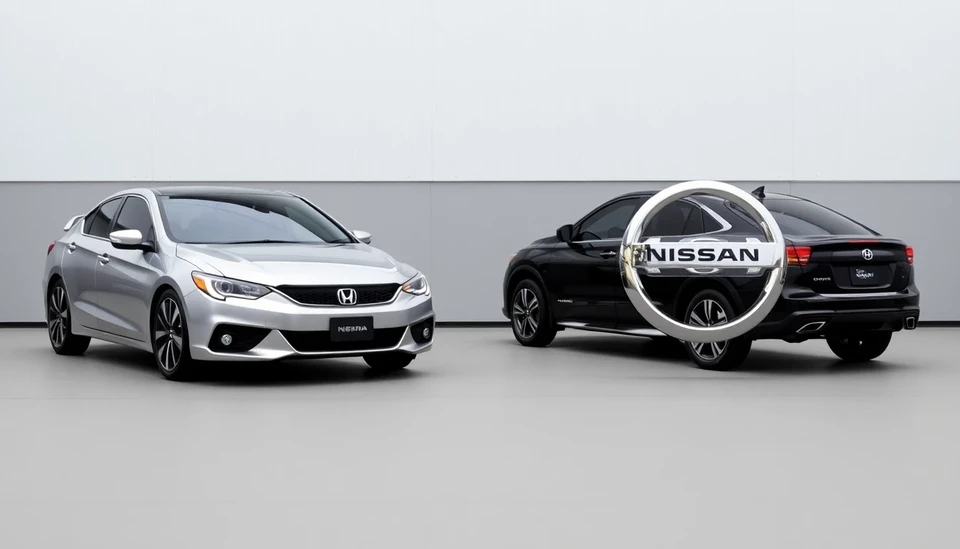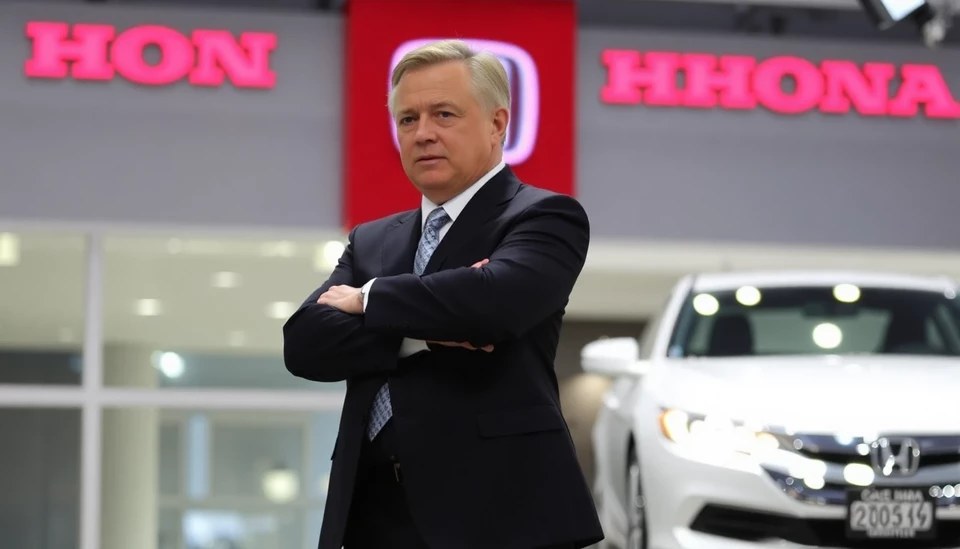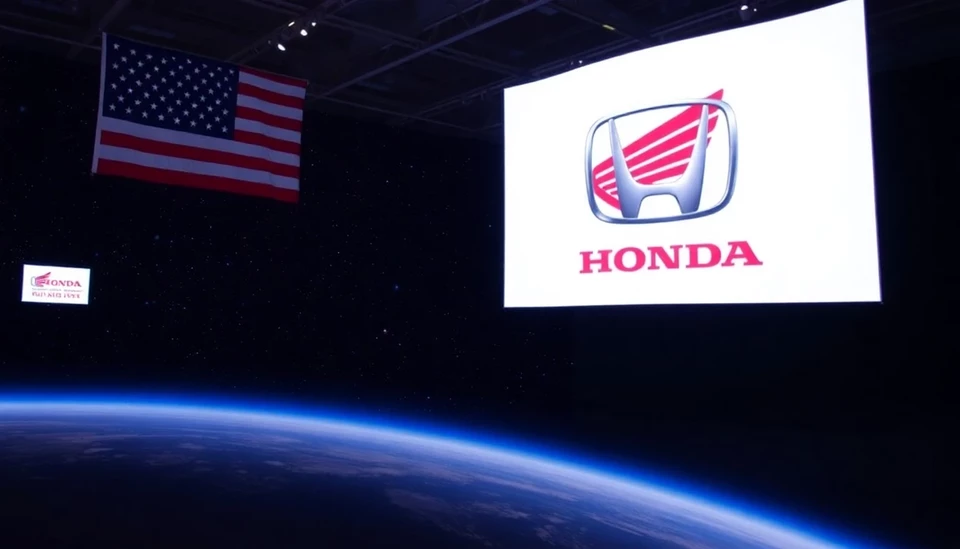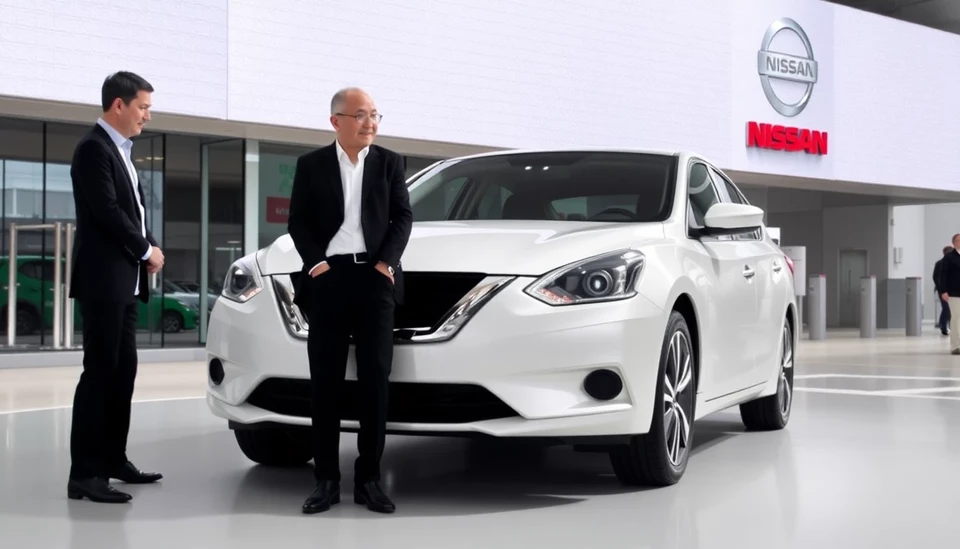
Honda Motor Co. and Nissan Motor Co., two of Japan's largest automotive manufacturers, appear to be facing significant hurdles as their proposed merger discussions unravel. What was once a hopeful prospect for collaboration and synergy has turned contentious, raising concerns about the future direction of both companies.
The merger negotiations were originally intended to leverage the strengths of both brands in an increasingly competitive marketplace characterized by rapid technological advancements and shifting consumer preferences. However, it has now become evident that key sticking points have arisen, leading to growing apprehension regarding the viability of the proposed union.
Insider sources suggest that a series of unresolved issues are contributing to the friction between the two firms. Divergent corporate cultures, differing management styles, and conflicting visions for the future of mobility are just a few of the challenges that have come to light during discussions. At the heart of the matter lies a significant lack of alignment on critical strategic priorities, particularly concerning electrification initiatives and global market strategies.
As both companies navigate these complexities, the ramifications of a failed merger could be profound, not only for Honda and Nissan but also for the broader automotive landscape. Analysts indicate that a breakdown in negotiations could signify a lost opportunity for both organizations to capitalize on cost efficiencies and shared innovations that are pivotal in today’s fast-evolving market.
Experts in the automotive industry are now closely monitoring the situation, as the implications of this partnership could reverberate throughout the sector. If Honda and Nissan are unable to reconcile their differences, it may prompt other manufacturers to reconsider their own collaborative strategies or partnerships going forward.
Despite the challenges, both manufacturers have yet to issue a definitive statement confirming the collapse of talks, leading industry observers to speculate that negotiations may still resume under different terms. The situation remains fluid, and stakeholders are keenly awaiting any formal announcements regarding the future of this potential merger.
In the wake of the ongoing deliberations, consumers and investors alike are left pondering the next steps for both automakers. The automotive industry is in a state of flux, and this situation underscores the complex dynamics that govern partnerships in an era where innovation is key to success.
As the automotive giants grapple with the intricacies of their discussions, the pressure mounts to either solidify a partnership that could enhance their competitiveness or ultimately pursue independent paths that may drive them into entirely different future trajectories.
In conclusion, the potential merger between Honda and Nissan serves as a crucial case study in the evolving automotive sector. As companies reassess their strategies in light of technological transformations and market demands, the outcome of these negotiations will be closely watched as an indicator of broader trends in automotive collaborations going forward.
#Honda #Nissan #AutomotiveNews #MergerTalks #IndustryTrends #ElectricVehicles #CorporateStrategy #FutureOfMobility #JapanAutomakers
Author: Victoria Adams




